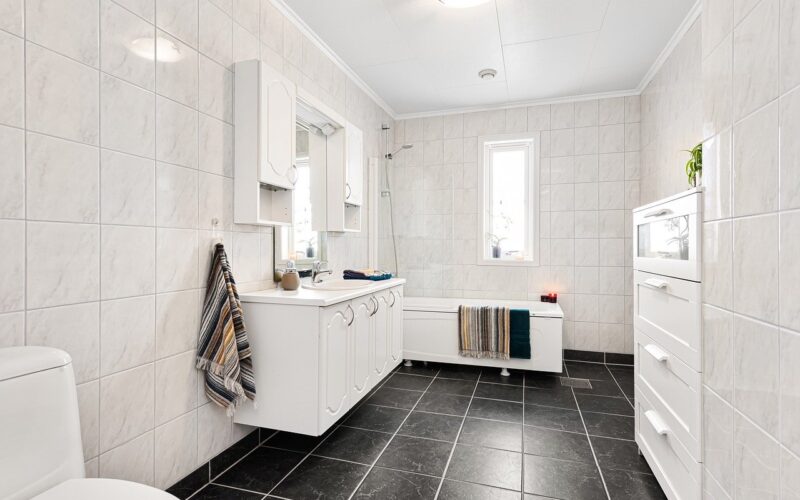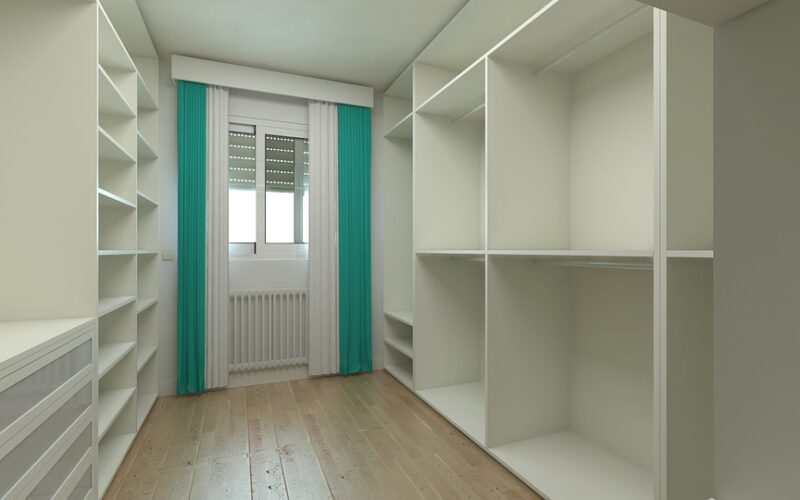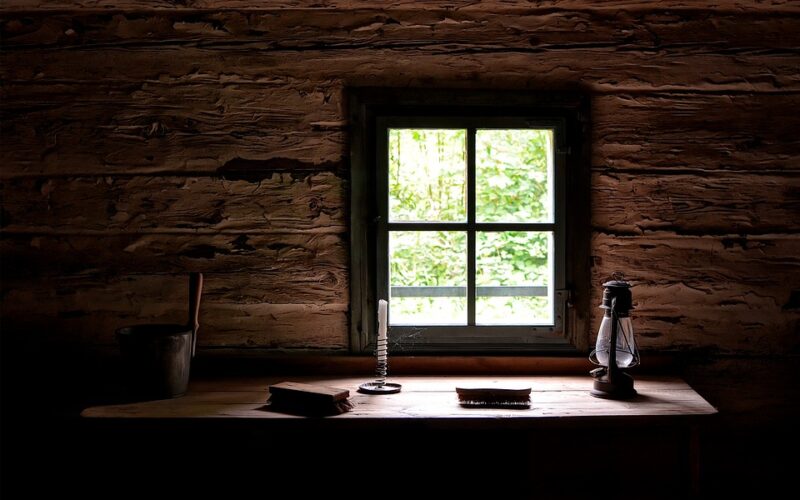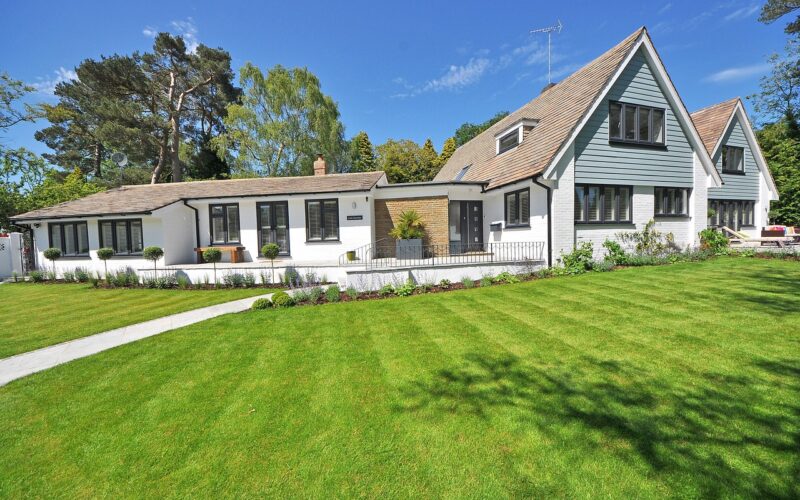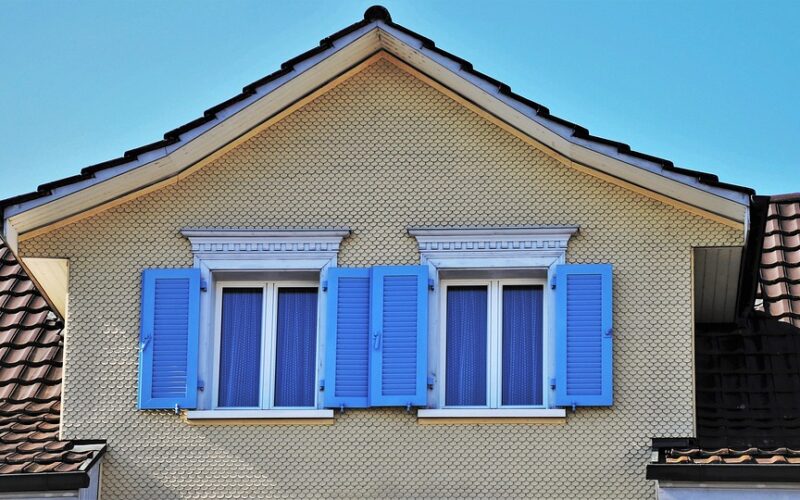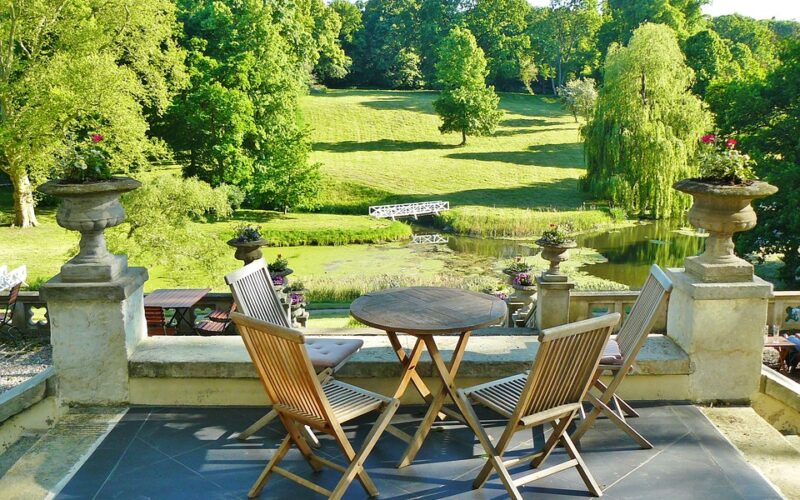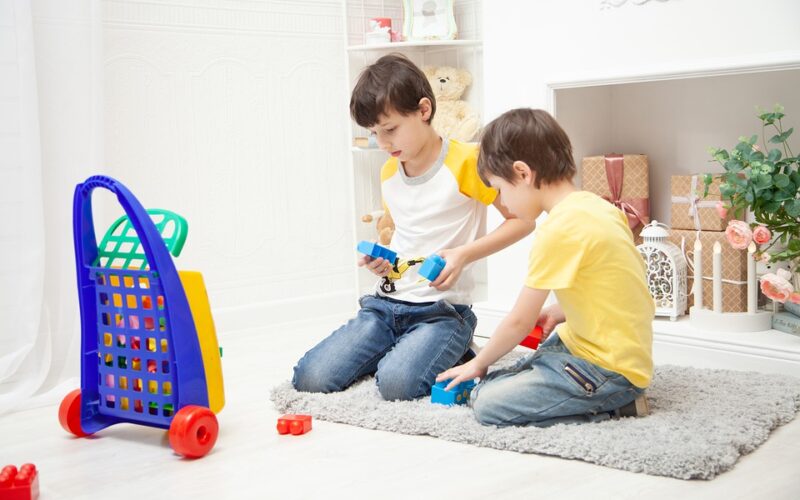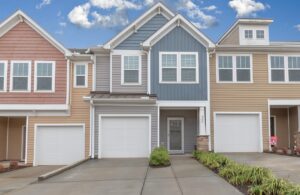Making your home more eco-friendly is not only beneficial for the environment, but it can also lead to considerable savings on energy bills.
Why consider eco-friendly upgrades?
When it comes to eco-friendly home improvements, many people are initially driven by the desire to reduce their carbon footprint. However, as energy prices continue to soar, the economic advantages of such upgrades become increasingly attractive. Not only do energy-efficient improvements lessen the strain on natural resources, but they also often yield long-term savings and can increase the value of your home.
The role of the plumber in conserving water
One of the first places to start when upgrading your home eco-consciously is with water conservation. A qualified plumber can assist by installing low-flow toilets, showerheads, and faucets in the bathroom. These fixtures significantly reduce water usage without compromising performance. By making these changes, a household can save thousands of litres of water annually, ultimately contributing to both environmental and financial savings.
Upgrading your central heating system
An eco-friendly central heating system is crucial for reducing your home's energy consumption. Technology has advanced, and now there are several options available that are both efficient and more environmentally friendly. Consider options like a high-efficiency boiler, solar thermal heating, or even geothermal heating, depending on your location and budget. Thermostatic radiator valves can also grant you more control over the heating in each room, ensuring unnecessary heating is minimised.
Investing in insulation
Proper insulation is one of the most efficient ways to improve your home's energy consumption. Effective loft, cavity wall, and floor insulation will keep your home warm during winter and cool in the summer, reducing the need for extensive heating or air conditioning. Don't forget to check and replace old and worn-out window and door seals, as this small update can prevent heat loss and save energy significantly.
Energy-efficient lighting and appliances
Switching to energy-efficient lighting, such as LED bulbs, not only uses much less energy but also lasts longer than traditional bulbs. Additionally, when replacing old appliances, opt for those rated with high energy efficiency. These can include refrigerators, washing machines, dryers, and dishwashers – all notorious for high energy usage. Look for the Energy Star label, which certifies the appliance as energy-efficient.
The impact of small changes
Upgrading your home to be eco-friendly is not always about big investments; small changes can accumulate over time. Simple practices like unplugging electronics when not in use, using water-saving techniques, composting kitchen scraps, and being mindful of reducing waste can also have a positive impact. Start small and consistently introduce more eco-friendly habits into your lifestyle.
Making upgrades to your home for it to be more eco-friendly is a responsible move for the environment and your wallet. By engaging with professionals, like certified plumbers, and considering the energy consumption of appliances and heating systems, creating an energy-efficient home becomes an attainable goal. Insulating, investing in energy-efficient lighting, and incorporating small daily practices contribute significantly to this purpose. An eco-friendly home is not only about making big changes but is also about being consistently mindful about our every day consumption and decisions.
